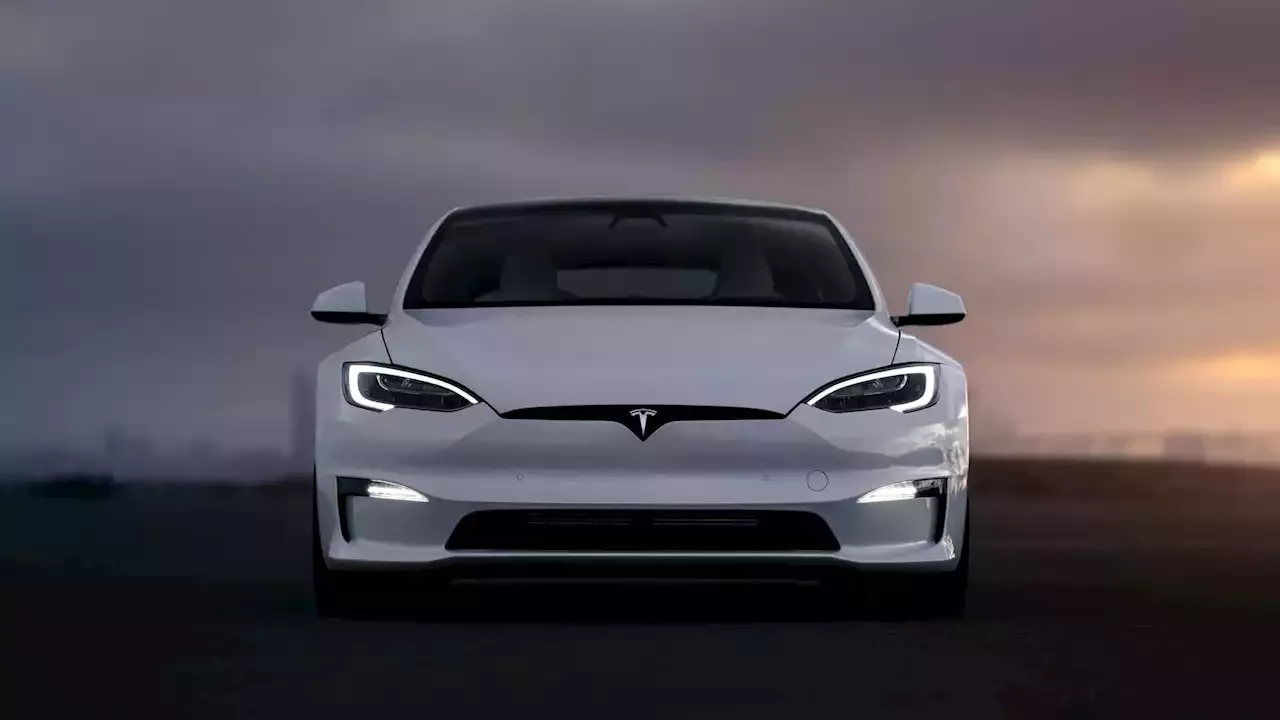A Carnegie Mellon and Yale University study published in the Proceedings of the National Academy of Sciences has concluded that battery electric vehicles are expected to constitute a majority or near-majority of passenger cars by 2030.
The study attributes the shift in buyer sentiment towards BEVs to multiple factors, including the cost of batteries, which have dropped by a factor of ten between 2010 and 2021, as per the findings. Additionally, the average driving range has improved by 200 percent, while energy efficiency has grown by 15 percent, as per the study. An increase in BEV choices also contributed to the change in customer preferences.
The researchers also conducted a market simulation, which suggests that electric cars and SUVs would account for roughly half the market share by 2030, assuming widely available and comparable BEV offerings. They highlight that technological improvements are key to the wider adoption of electric vehicles.
When BEVs are offered alongside gasoline counterparts, they hold a greater chance of capturing half the market share by 2030, even if incentives are rolled back.
